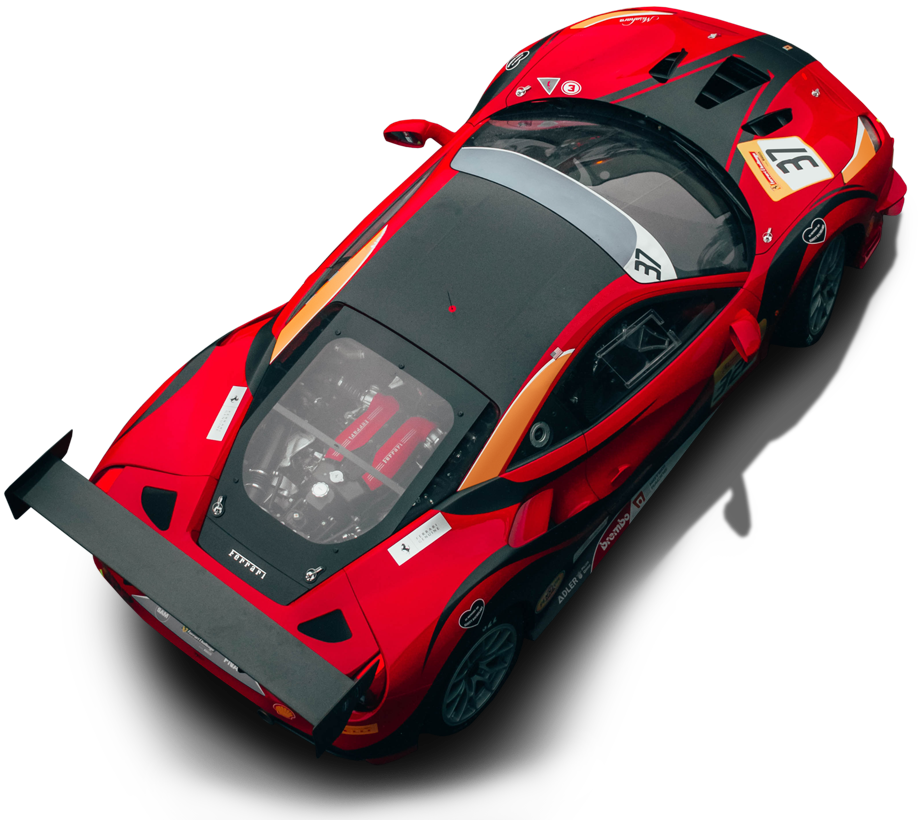The first thing people think of Ayrton Senna is just the raw speed the Brazilian had: yes, of course, he was fast, but throughout his career, he was effectively the qualifying king, able to produce laps that his rivals could only dream about. The biggest highlighter of this surely has to be that stunning pole position lap in Monaco, 1988, where he out-qualified his teammate at McLaren, Alain Prost, by 1.5 seconds. That kind of margin, in the dry and with the same conditions for two drivers, is virtually unheard of now. “I don’t know driving in another way that isn’t risky. Each one has to improve himself. Every driver has their limit. My limit is a little bit further than others.” — Ayrton Senna
Beyond his driving brilliance, Senna was one of the racing’s most compelling personalities. Though slight in stature, he possessed a powerful physical presence. When he spoke, with his warm brown eyes sparkling and his voice quivering with intensity, his eloquence was truly spellbinding. Even the most jaded members of the Formula One fraternity were mesmerized by his passionate monologues. You could hear a pin drop in his press conferences as he spoke with such a hypnotic effect. The media and the world captured his command performances at large and became aware of Senna’s magnetic appeal.
Everyone marveled at how he put so much of himself, his very soul, into everything he did, not just his driving but into life itself. Behind the wheel, the depth of his commitment was there for all to see. The thrilling spectacle of Senna on an all-out qualifying lap or a relentless charge through the field evoked an uneasy combination of both admiration for his unrivaled skill and fear for his future.
He drove like a man possessed – some thought by demons. His ruthless ambition provoked condemnation from critics, among them Prost, who accused him of caring more about winning than living. When Senna revealed he had discovered religion Prost and others suggested he was a dangerous madman who thought God was his co-pilot. “Senna is a genius,” Martin Brundle said. “I define genius as just the right side of imbalance. He is so highly developed to the point that he’s almost over the edge. It’s a close call.”
Even Senna confessed he occasionally went too far, as was the case in qualifying for the 1988 Monaco Grand Prix, where he became a passenger on a surreal ride into the unknown. Already on pole, he went faster and faster and was eventually over two seconds quicker than Prost in an identical McLaren. “Suddenly, it frightened me,” Ayrton said, “because I realized I was well beyond my conscious understanding. I drove back slowly to the pits and did not go out anymore that day.”
He said he was acutely aware of his own mortality and used fear to control the extent of the boundaries he felt compelled to explore. Indeed, he regarded racing as a way to embrace life and used driving to reflect a deeper understanding of how to tame fear. “For me, this research is fascinating. Every time I push, I find something more, again and again. But there is a contradiction. The same moment that you become the fastest, you are enormously fragile. Because in a split-second, it can be gone. All of it. These two extremes contribute to knowing yourself, deeper and deeper.”
His self-absorption did not preclude deep feelings for humanity, and he despaired over the world’s ills. He loved children and gave millions of his personal fortune (estimated at $400 million when he died) to help provide a better future for the underprivileged in Brazil. Early in 1994, he spoke about his own future. “I want to live fully, very intensely. I would never want to live partially suffering from illness or injury. If I ever have an accident that eventually costs my life, I hope it happens in one instant.”
And so it did, on May 1, 1994, in the San Marino Grand Prix, where his race-leading Williams inexplicably speared off the Imola track and hit the concrete wall at Tamburello corner. Millions saw it happen on television, the world mourned his passing, and many members of the shocked Formula One community attended his state funeral in Sao Paulo. Among the several drivers escorting the coffin was Alain Prost, Niki Lauda, Gerhard Berger, Emerson Fittipaldi to name a few. But no one knew Senna like Ron Dennis – Team Principal of McLaren’s Formula One Team: “Ayrton was no ordinary person. He was actually a greater man out of the car than in it.” -Ron Dennis.



